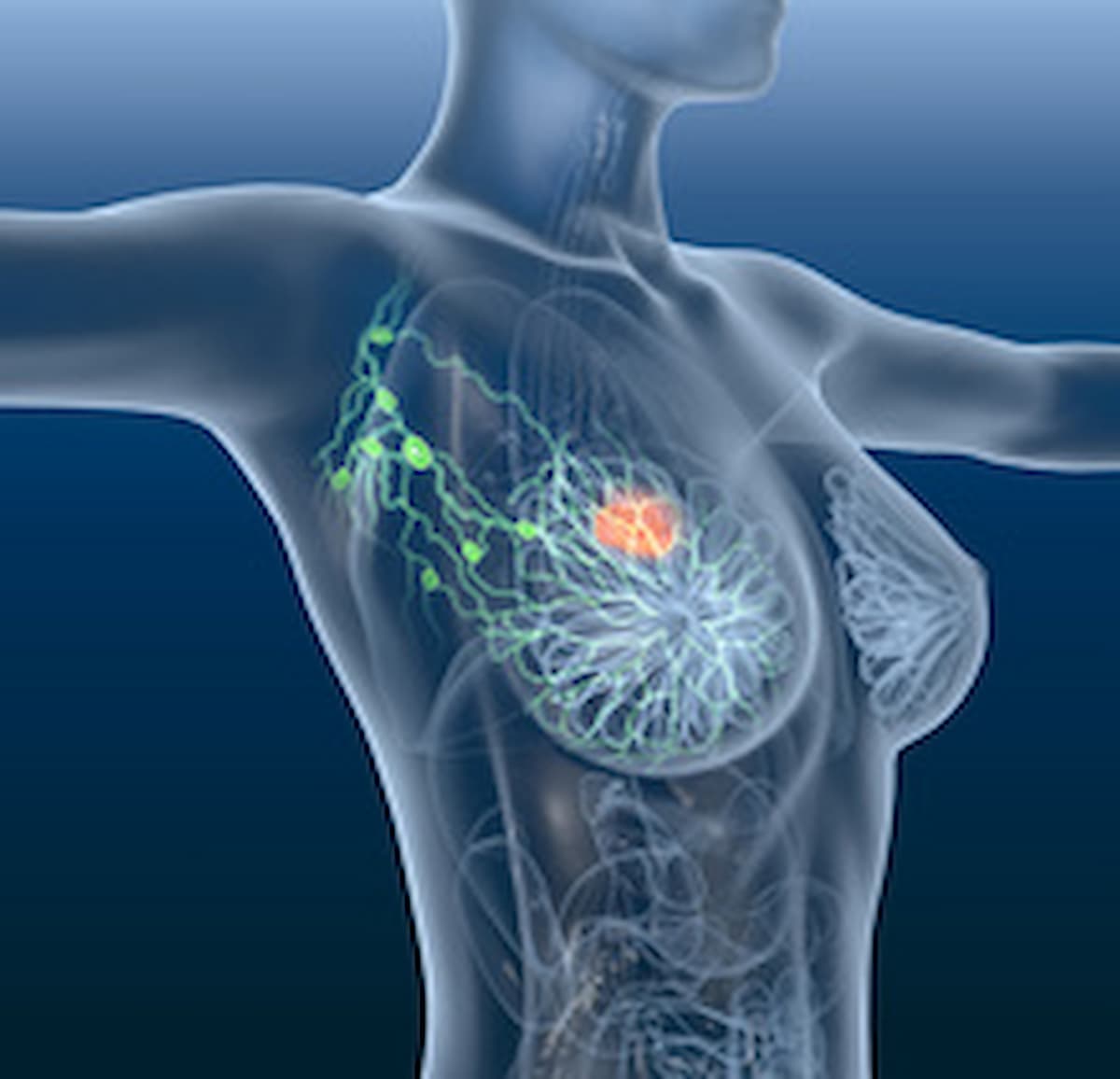A new Ontario-based study has found a significant rise in prescriptions for stimulant medications used to treat attention-deficit/hyperactivity disorder (ADHD), particularly among adults and females. The study, published in JAMA…
Category: 6. Health
-

Stem Cell Surgery Ends Epileptic Seizures in 23-Year-Old Man
This story is part of a series on 10 life-saving medical breakthroughs. Click here to read the rest.
JONATHAN NEMETH, 23 of Batavia, Illinois, used to wake up some mornings with intense muscle aches. At night, he was having seizures so violent…
Continue Reading
-

ACCEL Lite: ACCEL Lite: Top Takeaways from 2025: Clinical Cardiology with Allen J. Taylor, MD, FACC
In this interview, Allen J. Taylor, MD, FACC and Alison L. Bailey, MD FACC, discuss the Top Clinical Cardiology Takeaways from 2025 including trials SCOT-HEART 2, ALONE-AF, Launch-HTN, and more.
Related…
Continue Reading
-

Lahore on edge as Monkeypox cases surge to seven
Lahore on edge as Monkeypox cases surge to seven – Daily Times
…Continue Reading
-

Shape-shifting cell channel reveals new target for precision drugs
From small ions to large molecules, cellular gates control what can pass in and out of cells. But how one such gate, called pannexin-1 (PANX1), can handle vastly different cargo sizes has remained a long-standing…
Continue Reading
-

Insomnia and anxiety come with a weaker immune system — a new study starts to unravel why
Stress, anxiety and sleepless nights do more than erode peace of mind — they can also weaken the body’s defenses, making people more susceptible to infections, cancers and autoimmune disorders. Now, scientists have uncovered a potential…
Continue Reading
-

Resecting MRI-Detected Disease Doesn’t Improve Outcomes in Early-Stage BC
Surgical resection of MRI-detected disease may not be required in the context of systemic therapy and radiation therapy in patients with early-stage breast cancer, according to results from the phase 3 Alliance A011104/ACRIN 6694 trial…
Continue Reading
-

Even moderate drinking carries a bigger cancer risk than you think
As Americans prepare for the holiday season, new research serves as a reminder to think carefully about the long-term health impact of raising a celebratory glass. Alcohol is already recognized as a cause of several cancers, even when consumed at…
Continue Reading
-

5 Serious Side Effects of Pre-Workout
Pre-workout supplements combine various amino acids and stimulants to help boost energy and performance during your workout. However, pre-workout ingredients can also cause unwanted side effects like nausea, anxiety, and skin tingling.
…
Continue Reading

